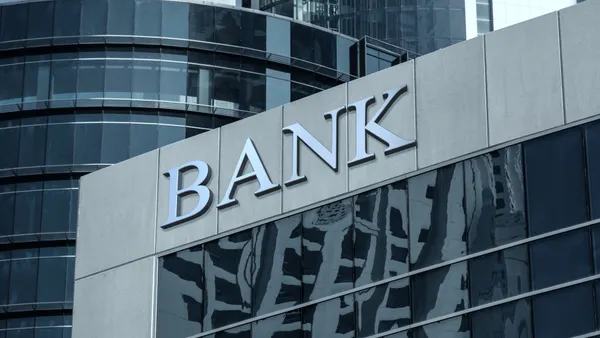At least two private-equity firms have told recent graduates they will delay their recruiting process to hire junior associates for positions that begin in 2027.
Apollo Global Management sent a letter Wednesday to its candidates, indicating as much. And General Atlantic followed suit Thursday.
“Hiring decisions at Apollo are among the most significant to our business,” wrote David Sambur, Apollo’s co-head of equity, and Nicole Bonsignore, the firm’s head of human capital. “With that in mind, we will not formally interview and extend offers this year for the class of 2027.”
Similarly, General Atlantic said it “does not plan to conduct formal interviews or extend offers this year for the Associate Class of 2027.”
“This decision reflects our commitment to making long-term, thoughtful choices about the talent we bring into the firm and the culture we cultivate, while also allowing you the space to prioritize your development in this stage of your career,” General Atlantic said in an email seen Thursday by the Financial Times.
The move may help diffuse tension between private-equity firms and investment banks.
JPMorgan Chase last week told incoming graduates – about to start a two-year investment-banking analyst program with the bank – that they would be fired if they accept future-dated job offers “with another company before joining us or within your first 18 months.”
“Avoiding potential conflicts of interest is crucial to maintaining the trust and confidence our clients place in us,” Filippo Gori and John Simmons, JPMorgan’s global banking co-heads, said in a leaked memo outlining changes to the investment-banking analyst training program.
Among other changes, the bank is shortening the program from 2½ years to allow “faster career progression,” according to the memo.
Agreeing to one’s second career move two years before starting the first – especially at a competing firm – “puts us in a bad position,” JPMorgan CEO Jamie Dimon said last year in a speech at Georgetown University, according to Bloomberg. “You are already working for somewhere else, and you’re dealing with highly confidential information from JPMorgan, and I just don’t like it.”
The scenario arguably puts analysts in a position to potentially work on deals that involve their future employer. And it also places the bank in the awkward spot of training talent it’s guaranteed to lose.
Apollo CEO Marc Rowan, in an emailed statement to Bloomberg and the Financial Times, ceded the point.
“When someone says something that is just plainly true, I feel compelled to agree with it,” Rowan said. “Bank CEOs, along with others, have said what many of us have been thinking: Recruiting has crept earlier and earlier every year, and asking students to make career decisions before they truly understand their options doesn’t serve them or our industry.”
To gain an edge in securing top talent, Apollo and other investment firms have pushed their associate recruiting process forward from the fall after analysts start to the period between college graduation in May and the July start of analyst training at investment banks.
Apollo, for its part, said it expected to stay in touch with associate candidates and is still “deeply interested in getting to know” them, adding that the firm looked forward “to reconnecting down the road to explore Associate opportunities together.”
“We are in a fortunate position where we see an abundance of talent,” Rowan said in his statement. “But when great candidates make rushed decisions, it creates avoidable turnover — and that serves no one.”












